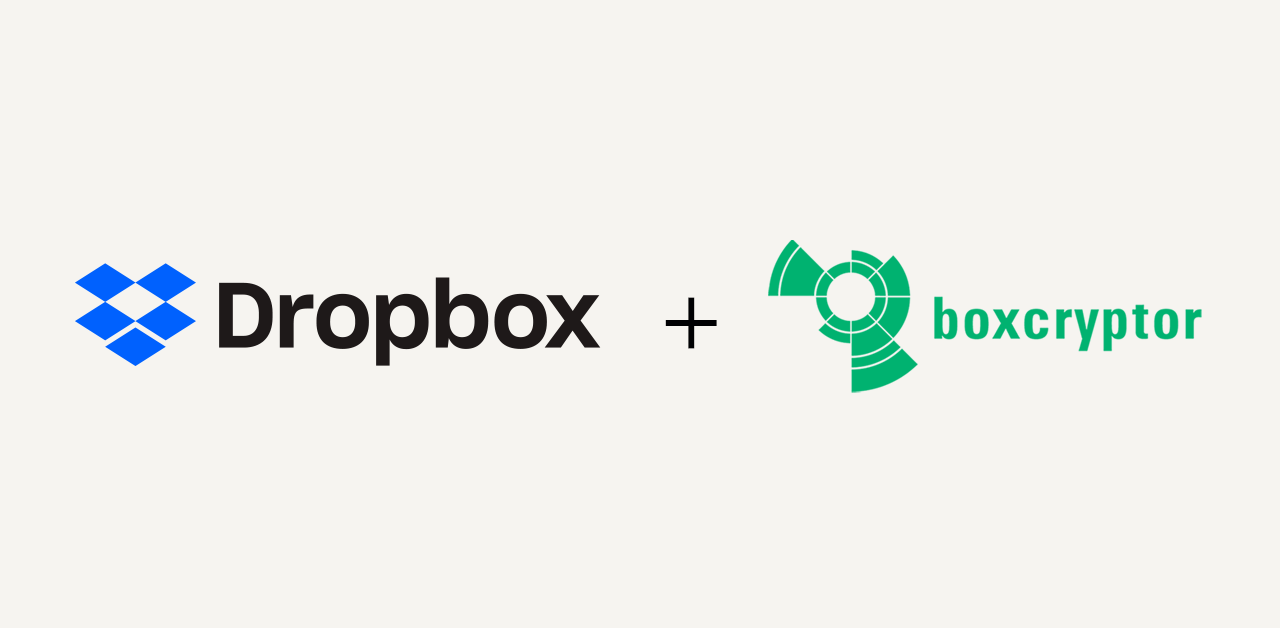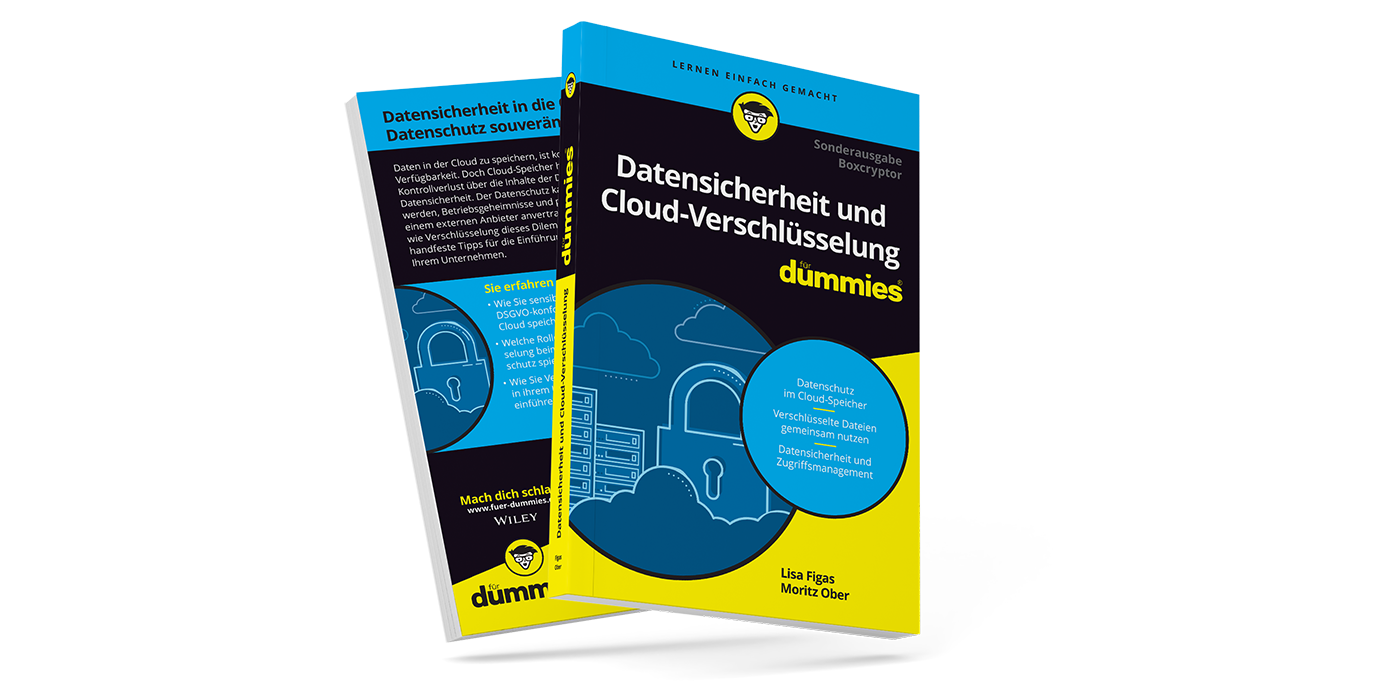Is This the End? the EU Parliament Votes for a New Copyright Reform
Update from the 29th of March 2019.
It is decided. The European Parliament voted for a new copyright reform and its Articles 11 (now Article 15) and 13 (now Article 17). Julia Reda (former member of the Pirate Party) finds the right words to describe these political events: it's a “dark day for internet freedom”. 348 MPs voted for this new reform, 274 against, and 36 abstained. A vote on amendments was rejected by 317 to 312 votes.
The heated debates around the upload filter seem to cause a social split between the young, internet-savvy people, and a large part of the parliamentarians. The critics are accused of being a wheel of an engine operated by the big technology companies. Advocates, on the other hand, are accused of ignorance of how the Internet works.
The mostly young people do not feel heard and understood, despite numerous demonstrations with more than 200,000 participants and the largest petition in Europe with more than 5 million signatures. Still, many MPs see in the demonstrators Google’s attempt to interfere in the protests. Sven Schulze of the Christian Democratic Union of Germany presumed in a tweet that the tech company impersonates worried citizens and is responsible for a wave of complaint emails. Others claim protesters were bought.
The new reform is valid as soon as the European Council has given its final approval, which will be presumably take place on the 9th of April 2019. As the reform is only a directive, the governments of each EU Member States have two years to turn the reforms into national prevailing laws. If the Federal Government in the EU Council votes (contrary to expectations) against the new copyright reform, there would be the case of a blocking minority. This could still stop the reform.
What Does the New Copyright Reform Mean?
Here is a preliminary excerpt from the new copyright reform, but the following sums up the most important changes.
Article 15 - Link Tax
Press releases will be more protected in terms of online usage. According to this, providers of information society services (which also include websites of profit-oriented companies) are obliged to acquire licenses for linked press releases from the respective publishers. The license does not apply to the hyperlink, but to the images and short excerpts displayed in the preview. The provided rights expire after two years of publication.
Article 16 – Flatrate fees for collecting societies
In the event of an author transferring the license of his work to a publisher, the national legislator may stipulate that the publisher is also entitled to a certain percentage of the compensation.
Article 17 - Upload Filter
Online portals where users can upload content, are required to protect intellectual property. Exceptions are non-profit online encyclopedias, providers of electronic communications services, online marketplaces, and cloud services that allow their users to upload content for their own use (Article 2). Also excluded are start-ups that exist for less than three years, generate less than ten million Euro in annual revenue, and have less than five million users per month on their website. All three prerequisites must be fulfilled in order to avoid a filter requirement.
In future, online platforms will be punishable for copyright infringement of its users. The Services must make every effort to enter into licensing agreements with the holder of rights. Only under this circumstance it is possible that objects of protection are made publicly available. Even users who have a no profit-oriented intention are then allowed to upload this content.
If the platforms cannot get a license, it must ensure that copyrighted content can no longer be uploaded. According to many experts this means the introduction of upload filters – even if they are not called that way.
In order to decide whether a service provider has fulfilled its obligations, the principle of proportionality applies. The following criteria are relevant here: nature of the content, audience, size of the platform and the availability of the appropriate technical means, as well as the costs that would be incurred by the provider.
However, in case of another non-licensed upload, offerors who have averaged 5 million monthly online visitors will have to prove that they made every effort to prevent future uploading of the reported content. Again, this would only be possible through upload filters.
What's Wrong with the Copyright Reform?
A closer look at how the reform was passed makes the dissatisfaction of the critics understandable. Despite numerous demonstrations and email campaigns, the young critics have not been heard. For that reason, it must have been a shock for the people against the reform, when ten MPs said that they had accidentally voted against deciding whether or not the amendments needed further discussion. As a reminder: It was very close and they were only five votes short.
Because they approved the reform, the German government is accused of breaking the coalition agreement. In the agreement between the Christian Democratic Union, the Christian Social Union and the Social Democratic Party, the parties agreed to position themselves against upload filters. However, since the directive never explicitly mentions a filter, the allegations of a breach of contract is a matter of interpretation.
At EU level, the reform and the unavoidable use of upload filters are particularly supported by the Christian Democratic Union, led by rapporteur Axel Voss. Contrary to this, the CDU in Germany wants to circumvent a national filter system by an introduction of lump-sum licenses.
Upload filters are expensive and must be purchased for a lot of money from major technology companies. In addition, such a filtering system is fragile to abuses, such as censorship, and would limit creativity more. Fearing high fines for copyright infringement would lead to "Overblocking".
It seems like the creators and start-ups are the big losers of a guideline that should protect just those. For collecting societies and press publishers, on the other hand, the reform is profitable.
Previously on... Copyright Reform
Blogpost from the 14th September 2018.
On the 5th of July 2018 a new draft law, which was already accepted by EU judicial panel, got surprisingly declined by the EU Parliament. The vote was meant to be a formality to pass the new law. But: with 318 votes against and 278 for (with 31 abstentions) the EU Parliament voted against a new copyright directive. According to media reports, the articles 11 and 13 of the draft law were crucial for this decision.
A short break and a glimmer of hope for all critics of this new draft bill. Because this concludes there are two more months left to put pressure on the representatives to persuade them to vote against a renewed draft bill, if the critical articles 11 and 13 weren’t reworked.
Nevertheless, a new vote took place on the 12th of September. With an election result of 438 votes for and 226 against, a new copyright draft was passed.
Law experts predict that an enactment of this law could change the daily digital life and the freedom of opinion on the internet.
Security for Creators
Under charge of the German politician and EU parliamentarian Axel Voss, a renewed draft law was provided in September 2018 in order to replace the copyright law and to adapt it to the digital age. The reason for a new directive was not only an (needed) adaptation to the technical environment, but also a further increasing wage gap between copyright owners and creators.
Currently, social media platforms like YouTube or Facebook are the entities who make profits, by infringing copyrights they are able to earn billions. Because of the “notice and take down process”, social networks are not obligated to investigate uploaded content until they become aware of a possible infringement. That means: Content, which is protected by the copyright law (no matter if it´s a picture, video or music), can be invoked by anyone until someone reports this specific content as illegal.
A copyright infringement is defined as the use of a work, which is protected by copyright law, without permission. The contents that get illegally reproduced the most are music, books, films or computer programs. The illegal reproduction and distribution represent the most frequently infringements against copyright law. Therefore, YouTube started to develop a software called Content ID. This software allows to furnish an uploaded video with a unique digital fingerprint in order to find similar content, which is protected by copyright law.
Article 13 exists to guarantee a better wage to those, who created content. This article indicates negotiations about a fair payment between the copyright owners of content platforms and content creators. If these negotiations do not come off, the copyright owners are compelled to make sure that content, which is protected by copyright law, cannot be uploaded. To avoid punishment for a copyright infringement, the introduction of a so-called Upload-Filter would come closer. Specifically, an Upload-Filter is never mentioned directly in this new draft law, however, there is no other technical solution to investigate a content before uploading,yet.
Consequences of an Upload-Filter
Supporters of the Upload-Filter argue with an increase of safety on the internet. It may be possible to stop the spreading of a terroristic thought, to detect content containing child pornography or to prevent copyright infringements.
Nevertheless: the introduction of an Upload-Filter could lead to large scaled problems. Because this would indicate that every upload is possibly getting rashly blocked, as content platforms have to make sure that this upload did not infringe with the copyright law.
In addition, there is a so-called right to quote. This copyright exception allows to upload copyrighted content, as long as you deal with its topic. But a technical-complex software like an Upload-Filter could not tell a difference, if there is a copyright infringement or a person is making use of his right to quote. An algorithm also could not tell, if content contains some sort of parody or satire. This would imply that an Upload-Filter could cut down our freedom of opinion and could even be used as a tool for censorship.
Furthermore, remixes would not be allowed either. A remix is a piece of media, which is altered from its original state by adding, removing and/or changing pieces of the item. The wide spread “Meme-culture” would vanish with the introduction of an Upload-Filter. But do not forget about the costs for such a software, which small content platforms may be unable to pay for development. A software comparable to YouTube´s Content ID software would cost up to 100 million US-Dollars.
The oligopoly position of the internet giants Facebook and Google (incl YouTube) would be stabilized by an introduction of article 13.
Ancillary Copyright for Press Publishers in the EU
Article 11 of the new copyright law indicates an implication of an ancillary copyright. Press publishers and online publishers shall receive a bigger percentage of the revenues Google and other content platforms generate with advertisement around web-links.
With a market share of 95% Goggle’s News service is the biggest news-publisher on the internet – without even writing a single article by themselves.
In 2017, Facebook and Google achieved a combined profit of 28.7 billion US-Dollars with providing all sorts of editorial content for free. Therefore, headlines and short snippets of editorial content shall not be allowed to be published in the future, until content platforms were granted permission to do so by the respective press publisher. Besides this, it is possible that content platforms have to pay an additional fee to get this permission.
War journalist Sammy Ketz, who is currently located as editorial manager for the Agence France Press in Bagdad, wrote an open letter to the parliamentarian of the European Union. Ketz argues for an ancillary copyright and receives support by his colleagues. More than 100 journalists from 22 nations share Ketz’s opinion and signed his letter. They request the parliamentarian to argue for an ancillary copyright for press publishers. Among them were journalists and employees from “Zeit”, ”Spiegel”, ”New York Times”, “Guardian”, “Le Monde”, “Le Figaro” and “Corriere della Sera”.
Germans already know the ancillary copyright. In 2013 a new bill was passed to support press publishers. Unfortunately, the publishing houses couldn’t strike an agreement with Google. Google threatened to delete every editorial content off their index, if the publishers further insists on a higher payment.
The implementation of an ancillary copyright for press publishers failed in Germany. Nevertheless, this didn’t prevent the European Commission to renounce this guideline at EU level.
What Does it Mean for the Future?
Of course, content creators should be acknowledged and payed fairly for the content they created. Sammy Ketz points out that war journalists risk their lives in order to report about the situation in war zones. However, at the end of the day it is the content platforms, who make the profit. Effectively, not every journalist is in a critical situation, when researching for a certain topic. Nevertheless, does his comparison clarify the unfair payment in relation to the amount of effort for both parties.
But, how far should public institutions go to support content creators?
A possible introduction of an Upload-Filter would imply a huge threat to our right of free speech. And an ancillary copyright for press publisher has already failed in Germany, due to the power the internet giants possess.
The parliamentarians now have time for modifications until the vote after the trialogue. Not till then, we will see, how a new copyright law will affect our daily life.



